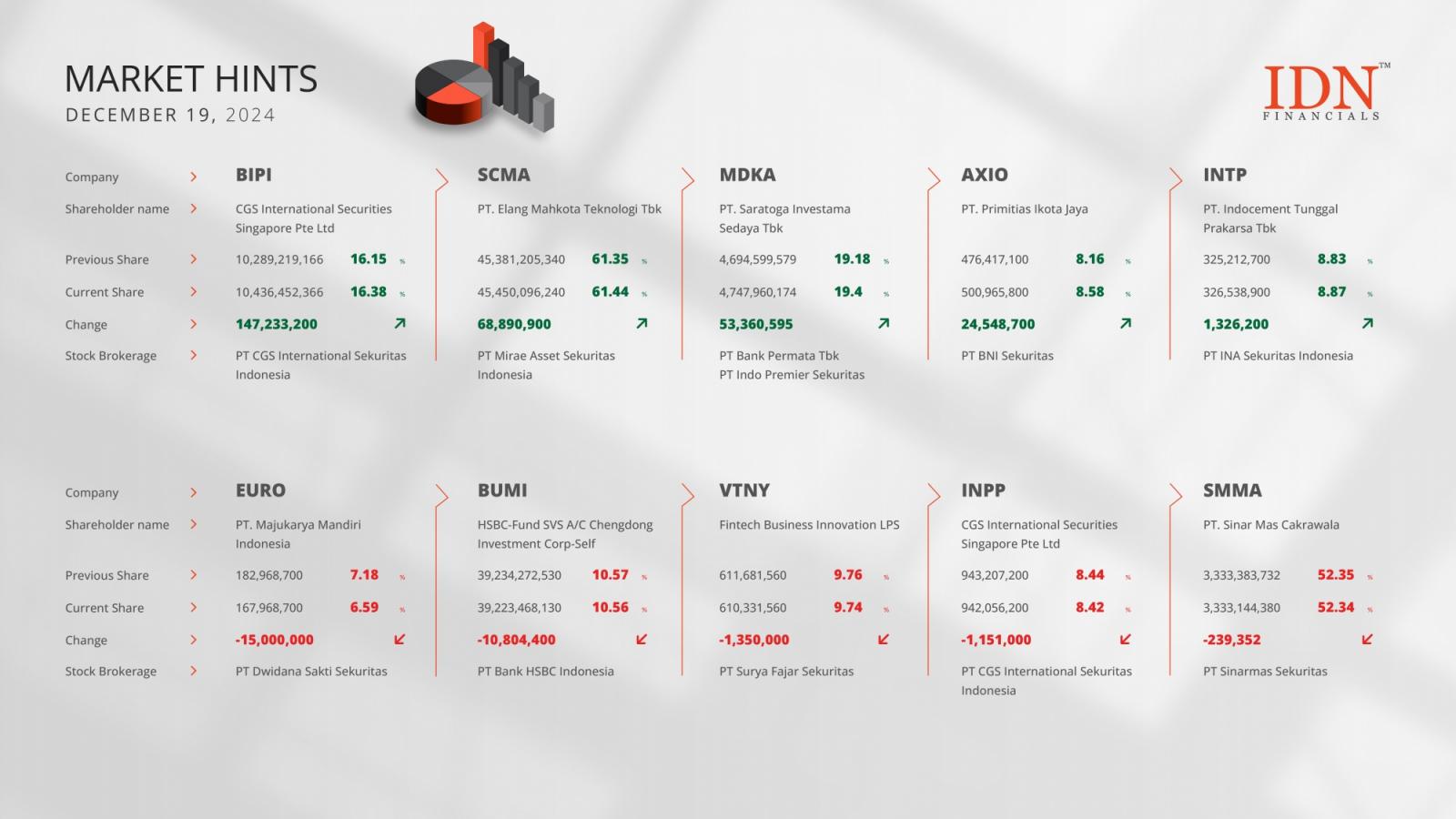
Asian stocks ended mixed in a holiday-shortened week on Wednesday, with Chinese and Hong Kong markets leading regional losses on growth worries while Japanese stocks rallied on yen weakness amid dovish BOJ talk.
The dollar held steady as investors awaited more signals from U.S. inflation data and Fed Chair Jerome Powell\'s speech due later in the week.
Gold traded in a tight range while oil prices dipped for a second straight session after industry data revealed a significant surge in crude stockpiles in the United States.
Chinese markets ended deep in the red despite Pan Gongsheng, governor of the People\'s Bank of China, attempting to dispel concerns over the country\'s laggard property market.
The worst has passed, and the market is showing \'positive signals\', he said at a closed-door meeting with representatives of domestic and overseas financial institutions.
Traders also ignored data showing that profits at China\'s industrial firms jumped 10.2 percent in the first two months from the same period last year.
China\'s Shanghai Composite index fell 1.26 percent to 2,993.14 as investors awaited earnings results from major financial institutions.
Hong Kong\'s Hang Seng index tumbled 1.36 percent to 16,392.84. Alibaba Group Holding declined 2.1 percent after calling off an initial public offering for its Cainiao logistics arm in a surprise move.
Japanese markets logged strong gains while the yen hit a 34-year low against the dollar after hawkish BOJ board member Naoki Tamura said there\'s no set formula in terms of conditions for raising rates again.
The Nikkei average jumped 0.90 percent to 40,762.73, led by tech and exporter issues. The broader Topix index climbed 0.66 percent to 2,799.28.
Seoul stocks ended on a flat note and the won hit its lowest level in nearly four months ahead of the release of key U.S. inflation data. The Kospi average finished marginally lower at 2,755.11.
Memory chip maker SK Hynix rallied 2.6 percent after its CEO said the firm expects strong demand from the artificial intelligence industry this year.
Australian markets ended on a positive note as February consumer inflation data came in lower than expected, reinforcing expectations the next move in interest rates would be a cut.
The benchmark S&P/ASX 200 rose 0.51 percent to 7,819.60, with banks and healthcare stocks leading the surge. The broader All Ordinaries index settled 0.46 percent higher at 8,073.60.
Across the Tasman, New Zealand\'s benchmark S&P/NZX-50 index slipped 0.18 percent to 12,010.66.
U.S. stocks gave up early gains to end lower overnight as investors assessed the impact of a significant bridge collapse in the Baltimore port area on markets and the economy.
On the data front, the latest readings on new orders for manufactured durable goods and consumer confidence painted a mixed picture of the world\'s largest economy.
The Dow slipped marginally and the S&P 500 eased 0.3 percent to end lower for a third straight session, while the tech-heavy Nasdaq Composite shed 0.4 percent to extend losses for a second day.





